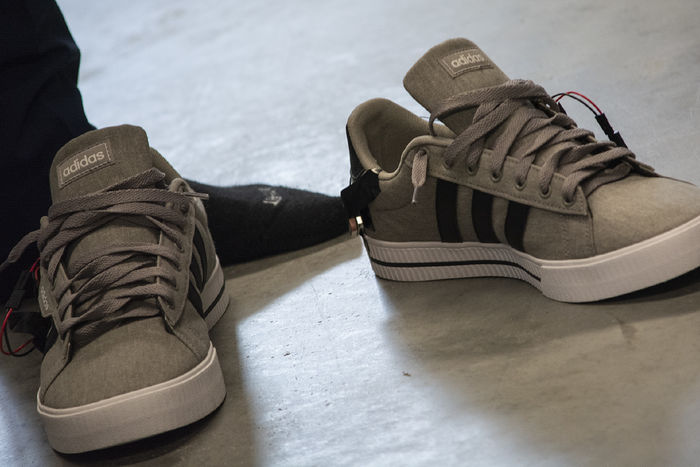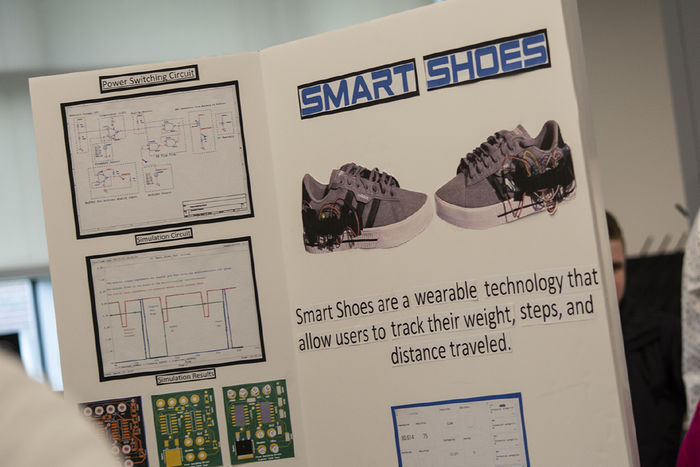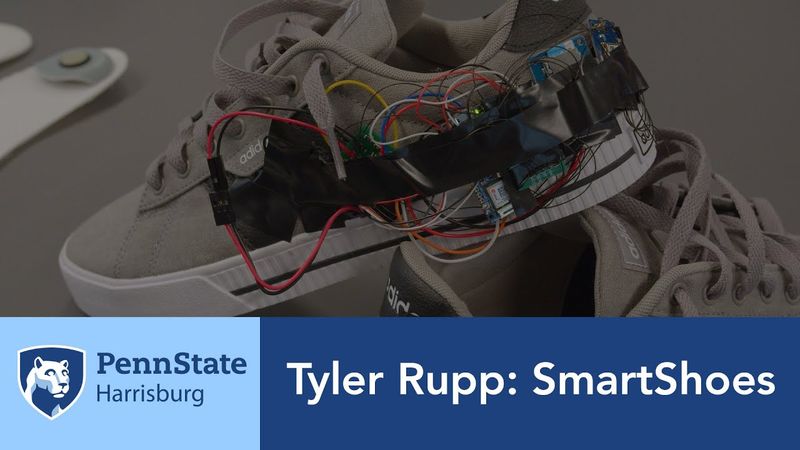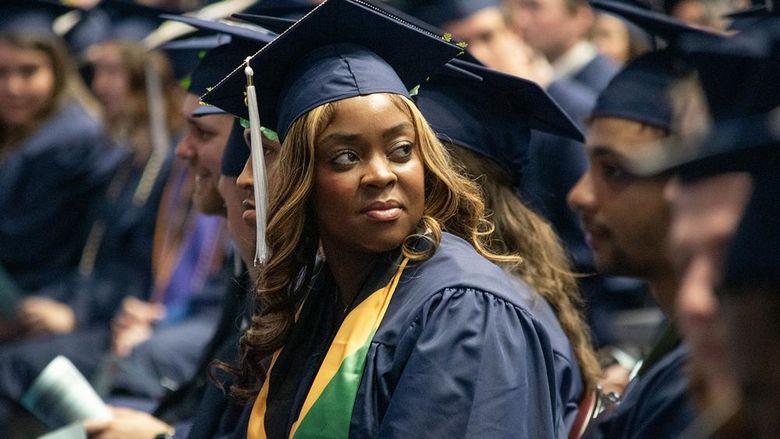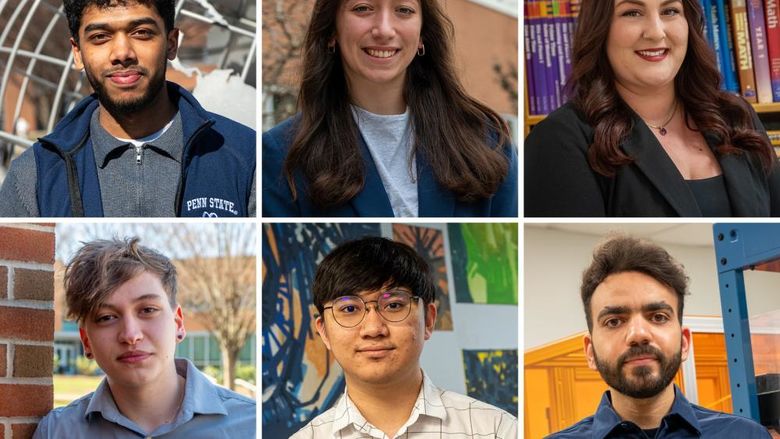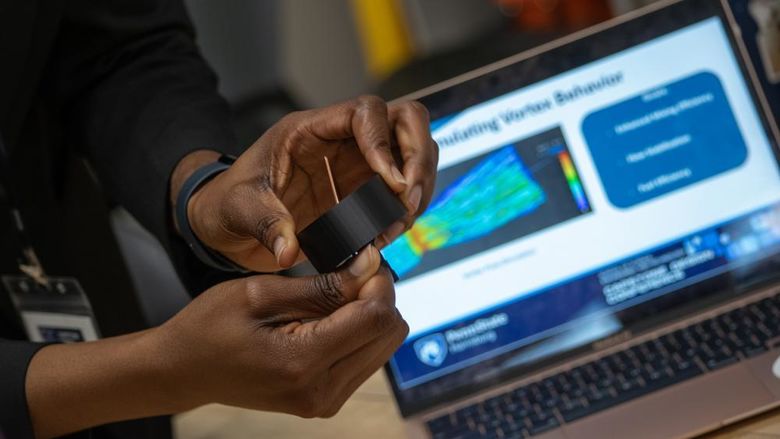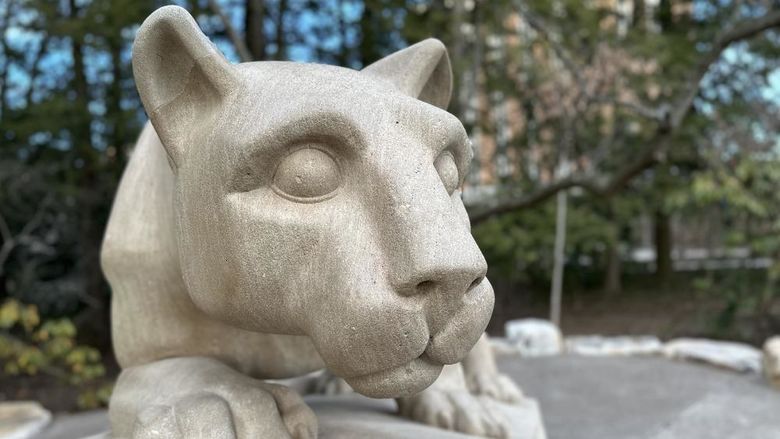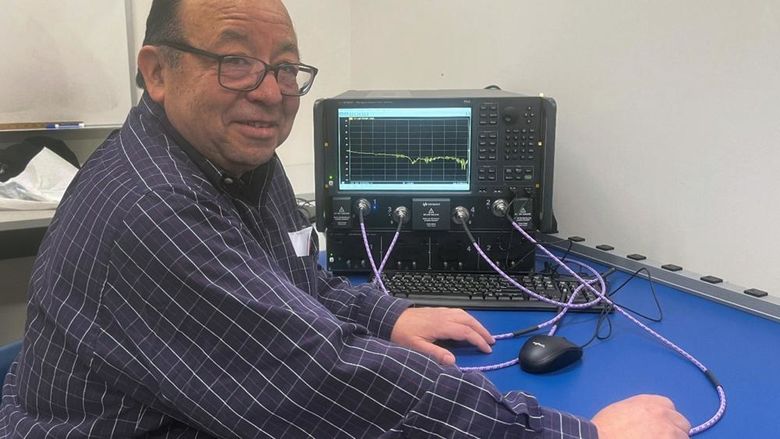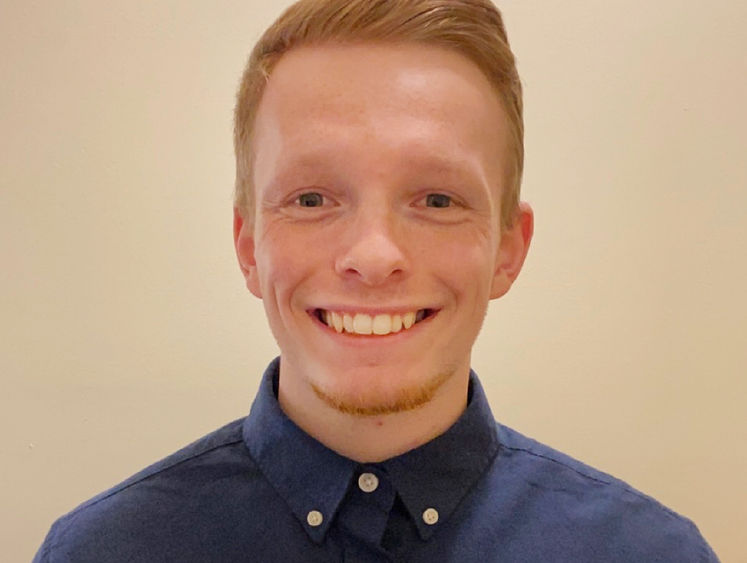
MIDDLETOWN, Pa. — A Penn State Harrisburg engineering student won the 2022 Institute of Electrical and Electronics Engineers (IEEE) Susquehanna Section Capstone Award for his work to design "smart" shoes that can track the wearer’s weight, steps and distance.
Electrical engineering major Tyler Rupp, who graduated in May, created Project Smart Shoe as his capstone project, which engineering students complete as seniors to apply the skills they’ve learned in the classroom. Rupp was nominated to submit his work as Penn State Harrisburg’s entry into the IEEE Susquehanna Section’s second annual Capstone Award competition.
“I love smart devices. My house is decked out with Alexa-type devices that you can speak to,” Rupp said. So when he needed a capstone project idea, he thought, “What is a smart device I would want?”
He landed on designing smart shoes that could track a person’s weight, steps and distance and allow users to view the data on their phones.
“It was very challenging,” Rupp said. His work included conducting a survey of what people would want in a smart shoe and researching the different components he’d need to build the shoes. He had to learn how each component, such as GPS for distance and a microcontroller, worked in order to integrate them in his design, as well as learn more about skills like coding.
Capstone instructor Kiana Karami, assistant professor of electrical engineering in the School of Science, Engineering, and Technology, credited Rupp for building his device from scratch and coming up with a practical product.
“The results are useful in everyday life. Everyone can understand what it does,” she said. “The product that he has was really comparable to the products that are out in the market.”
Six colleges from the region competed in the IEEE competition this year.
"The 2022 Second Annual IEEE Capstone competition had many well-planned and well-engineered project submissions this year. All of these project submissions have demonstrated the technical, the practical skills, and the innovation needed for these students to graduate and begin their careers as engineers,” said Luis Carlos Torres Jr., IEEE Susquehanna Section past chair and awards and committees chair.
Rupp’s project “was very special because this student not only planned and developed a functioning prototype, but did it like a true engineer, with a business proposal, marketing, and adhering to a strict budget plan,” Torres said.
The win earned Rupp a cash prize, as well as a plaque given to Penn State Harrisburg.
“I was just so excited to win and be proud of what I made,” Rupp said. He now works as an electrical engineer at Philips, a company that makes transducers for ultrasound equipment.
The capstone experience was valuable, he said, noting it was a longer project, similar to what he’d do in a work environment, where he had to learn new skills along the way.
“The project really integrated it all — electrical engineering, mechanical aspects. It was just something I really loved,” Rupp said. “While it was spending hours at 1 a.m. trying to figure out why the GPS wouldn’t work — it’s what I love to do. So definitely, I think as long as you’re doing what you love to do, it’s not really work.”
